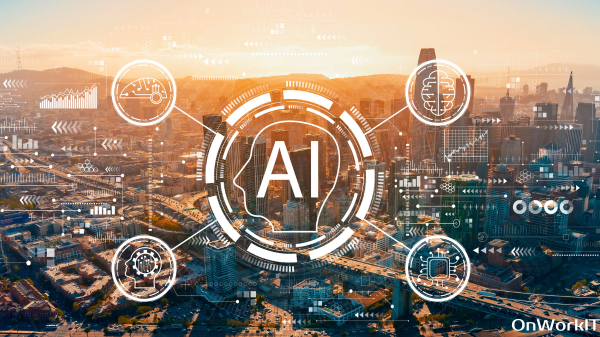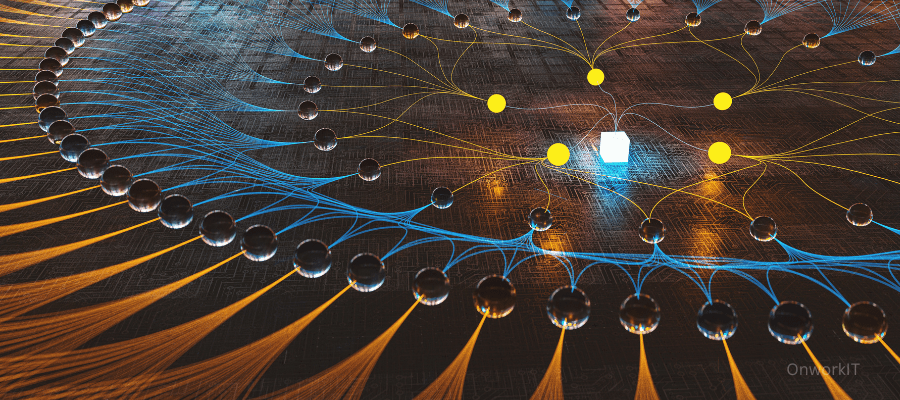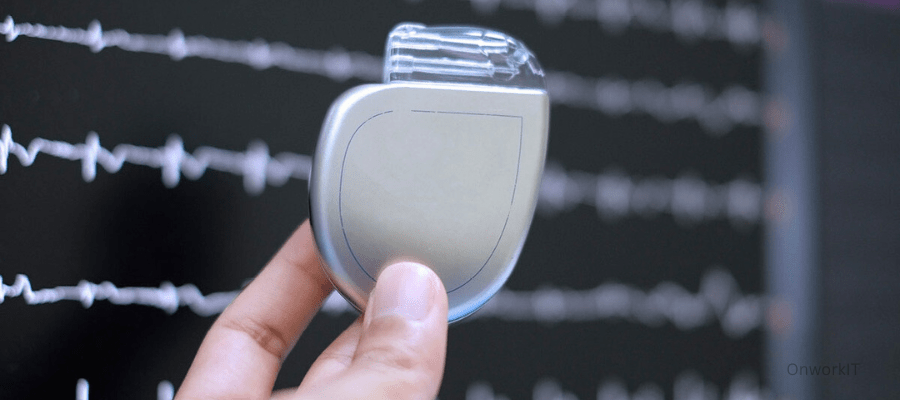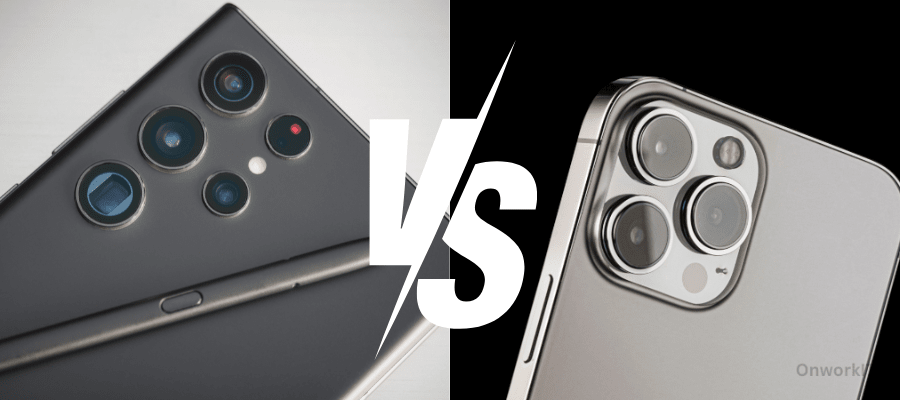Introduction to Smart Assistance
AI in Smartphones have become indispensable in the modern technological landscape, as they revolutionize the way customers interact with their devices. These powerful artificial intelligence (AI) virtual assistants are implanted into a multitude of personal gadgets, including tablets, cellphones, and smart home appliances. The integration of artificial intelligence into personal electronics signifies a huge stride forward in the development of the user experience by easing daily chores and providing seamless connectivity.
Smart Assistance:
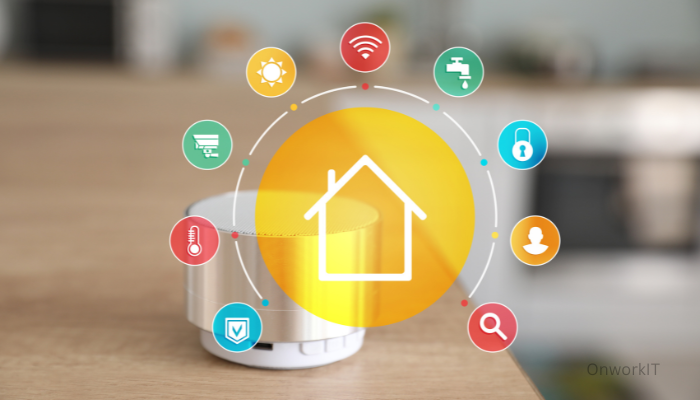
Smart assistants are currently regarded vital equipment by a considerable number of users. Apple’s Siri, Amazon’s Google Assistant and Alexa, and Samsung’s Bixby are among these. Their main tasks are managing smart home equipment and supplying real-time data as well as aiding customers by using voice commands to do a range of operations including calls, messages, and reminder scheduling. The introduction of artificial intelligence into daily life has raised the bar for technical innovation, while simultaneously enhancing convenience.
Smart helpers are not only vital tools, but also the product of the marriage of artificial intelligence and user interfaces, which results in a responsive and user-friendly environment. This link enables users to perform operations without the need of their hands, therefore boosting productivity and supporting efficient multitasking. Moreover, as these AI-powered assistants are always learning, they can suit each user’s specific interests and activities, thereby giving bespoke experiences appropriate for their requirements.
As artificial intelligence progresses, smart assistant skills should grow as well. Leading tech companies like Apple and Samsung are looking to create more intricate AI-powered assistants, hence highlighting the value of these technologies in defining the direction of personal technology. Constant improvement in this industry is forecast to give even more inventive possibilities, hastening the digital change and redefining user connections with technology.
Particularly in smartphone-based human-computer interaction, as Artificial Intelligence models keep expanding they become increasingly more valuable.
AI Technology in Samsung’s Next-Gen Galaxy S24
Renowned tech blogger @i Ice Universe posted on Twitter that Samsung is developing AI technology for its next-generation flagship Galaxy S24 series. This new AI technology is not related to the current voice assistant, Bixby.
Potential Applications of Samsung’s AI Technology
Currently, there are no specific details on which parts of the smartphone will utilize this AI technology. However, this has sparked a lot of speculation among netizens.
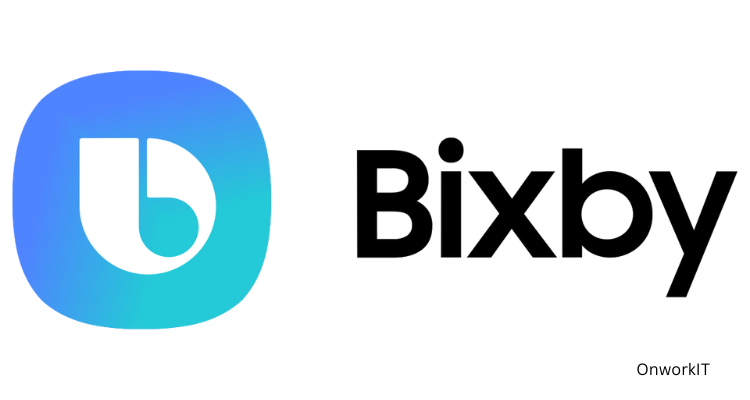
Some believe Samsung’s new AI technology will replace Bixby. Others think AI technology has broader potential in smartphones, enhancing not only voice assistants but also image optimization, intelligent recognition/classification, and even underlying system operations for improved efficiency.
AI’s Integration in Smartphones
AI has already penetrated various aspects of smartphones, such as adjusting underlying operation strategies, optimizing photo scene recognition, and auto-classifying albums. Despite voice assistants often being labeled as “dumb,” smartphones have become quite “smart.”
Enhancing Voice Assistants with AI
AI has enriched the “smart” dimension of smartphones by understanding user preferences and habits, enhancing the overall experience. However, current voice assistants can only perform basic commands like “open XX” or “search XX.”
For more complex interactions or commands, voice assistants often fall short, requiring users to perform tasks manually. Samsung’s Bixby, introduced in 2016, brought advanced voice control but has since lost its competitive edge to other voice assistants like Google Assistant.
The Future of AI and Bixby
While AI technology is currently separate from Bixby, it’s speculated that future versions of Bixby might integrate advanced AI models, enabling more complex commands and smoother interactions.
Samsung Galaxy S24 and AI Integration
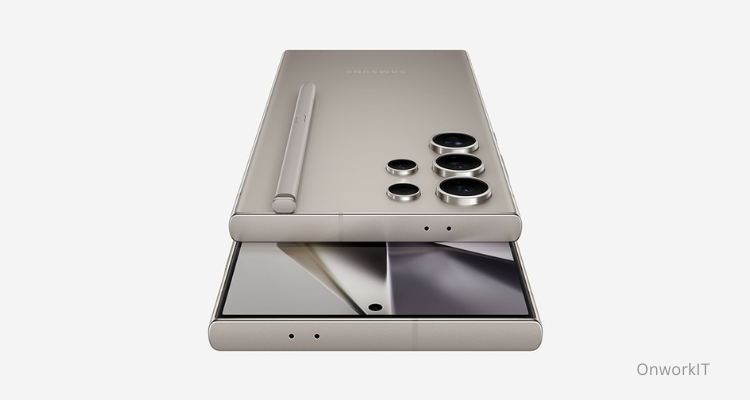
The upcoming Samsung Galaxy S24 series aims to stand out not only with flagship hardware but also with differentiated experiences powered by AI. Samsung’s market share in China is less than 1%, and advanced technologies like foldable screens have helped, but more industry-leading innovations are needed.
AI’s Potential in Smart Assistants
Integrating conversational AI into browsers is the first step for many smartphone manufacturers. However, applying AI models to voice assistants requires significant adaptation and optimization, a process that will take time.
Competition in AI Development
Samsung is not the only company eyeing AI advancements. Apple is also quietly working on AI, with reports suggesting they are developing a framework called “Ajax” and an internal chatbot named “Apple GPT.”
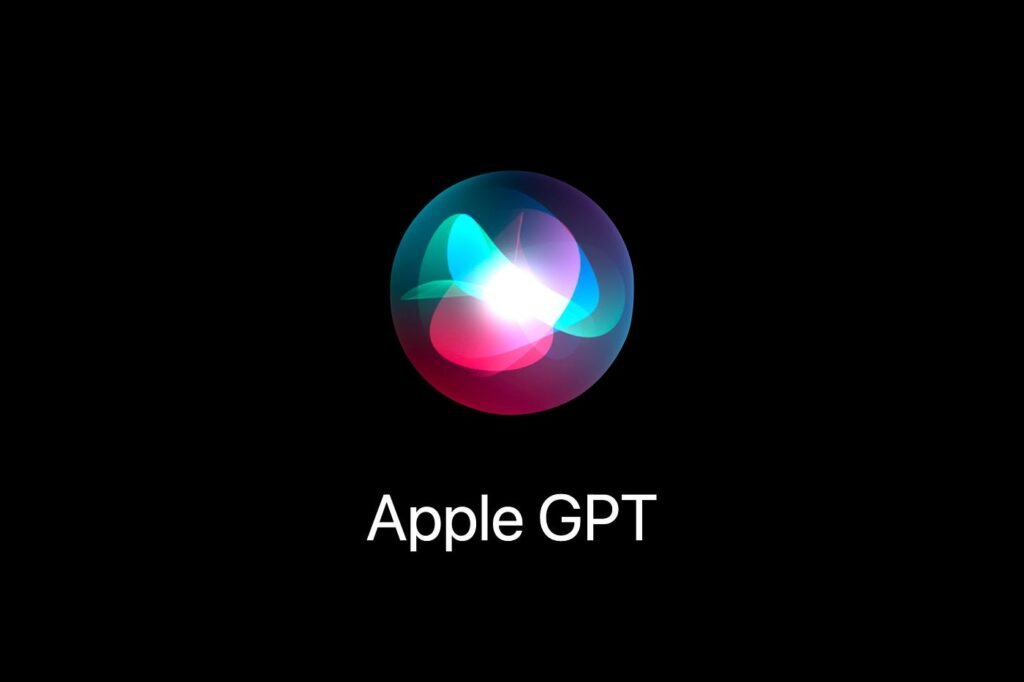
The Role of AI in Future Smartphones
The rise of AI models offers new possibilities for human-computer interaction. For example, in the electric vehicle sector, Li Auto plans to integrate “Mind GPT” technology into its voice assistant, expanding interaction capabilities, AI Simulation.
AI technology has the potential to transform smartphone voice assistants, offering significant competitive advantages and attracting more consum ers.
Conclusion
Although AI is not yet redefining smartphones, both Samsung and Apple have a long way to go in exploring AI’s potential. The path ahead is full of possibilities for enhancing the smartphone experience through AI advancements.
FAQs
Which Phones Get Apple Intelligence?
Intelligence features grow mainly in Apple’s own gadgets, especially the iPhone series. Apple’s unique A-series CPUs, with their neural processors and excellent machine learning skills, powers these phones. This helps to combine technologies as Face ID, augmented reality, and better picture processing.
Does Samsung Phones Have AI?
Samsung phones do in fact contain artificial intelligence. Leading Samsung smartphones, like the Note and Galaxy S models, provide AI-powered features. Among them are Samsung’s Bixby virtual assistant and several AI-powered camera improvements meant to increase picture detection and optimization.
Does Apple Use Artificial Intelligence?
Apple very obviously includes artificial intelligence in all of their gadgets. Included inside the A-series CPUs used in iPhones, neural engines help with artificial intelligence tasks. Through targeted ideas and speedy language translation, these tasks vary from improving battery life to raising user pleasure.
Which Technology is Better: Apple or Samsung?
This is a personal question affected by user choices. Perfect hardware and software combination by Apple gives a continuously lovely user experience. By comparison, Samsung is well-known for its open hardware choices and creative display technologies. The optimum choice will change on the factors most crucial to you since every brand offers perks.
What Phone Does Elon Musk Use?
On several photographs, Elon Musk has been spotted wearing both Samsung and iPhones. He hasn’t, however, freely stated a preference for one brand above another. Presumably, he takes advantage of whichever technology best fit for his current requirement.
Is Samsung Quality Better Than Apple?
One further key component affecting user experiences is quality. Apple is well-known for its great build quality, intuitive design, and community. Many people consider Samsung to have innovative technology, most especially in terms of camera and display quality. Since both groups try for perfection, the “better” quality is often an issue of preference.


